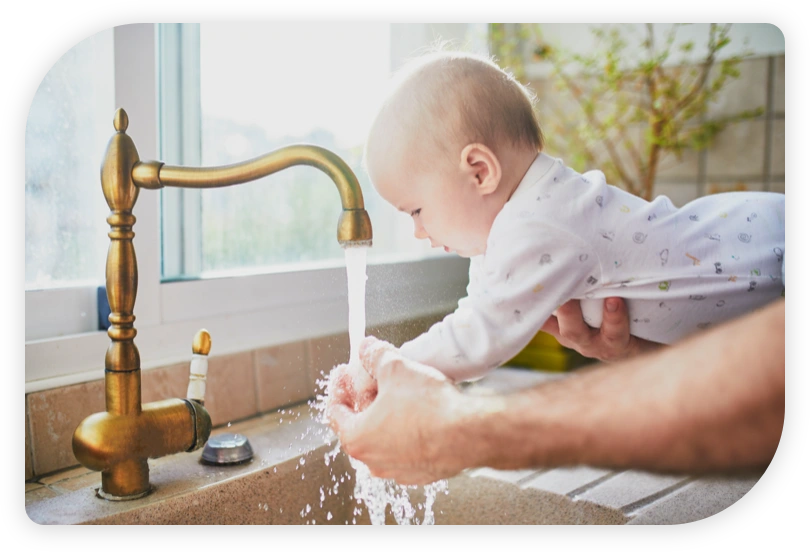
Understanding Soft Water
Water is a natural carrier of minerals such as calcium and magnesium. The classification of water as “hard” or “soft” depends on the concentration of these minerals. Soft water, in contrast to hard water, contains lower levels of calcium and magnesium.
Do I Need Water Softening?
The decision to soften water is a personal choice that can impact your home and the environment. If your water’s hardness exceeds 7 grains per gallon or 120 mg/L, investing in a water softener may enhance appliance performance and improve the taste, smell, and appearance of your water.
Assessing Water Hardness
To determine the need for a home water softener, assess your water’s hardness using a test kit or an accredited laboratory. If you source water from a community system, direct inquiries to obtain information on water hardness.
Advantages of Home Water Softening
- Prevention of mineral build-up (scale) in pipes, fixtures, and water heaters.
- Extended lifespan of appliances.
- Reduction or prevention of mineral spots on glassware.
- Prevention or reduction of soap films and detergent curds in sinks, bathtubs, and washing machines.
Disadvantages of Home Water Softening
- Potential pipe corrosion leading to elevated lead and copper levels.
- Health concerns from increased sodium content.
- Regular testing and maintenance are crucial.
- Negative environmental impact from salt use, with used water contributing to waste.
How Do Home Softeners Work?
Home water softeners, or ion exchange units, remove calcium, magnesium, and other minerals from water using resin beads. These beads trap calcium and magnesium and exchange them for sodium or potassium. Regular regeneration with a salt or potassium solution removes the accumulated minerals, but this process results in a waste stream that enters the environment.
Correct Usage of Home Softeners
- Follow the manufacturer’s instructions for installation and maintenance.
- Confirm if your community water system already softens water to avoid over-softening.
- Set the softener to match your water supply’s hardness.
- Soften only necessary water sources, such as showers and sinks.
- Address specific issues like clogging, iron or manganese fouling, and bacteria growth according to manufacturer guidelines.
Health Effects of Home Softening
Softeners using sodium chloride can increase sodium levels in drinking water. Consult with a doctor if anyone in your home has a history of high blood pressure. Consider alternatives like using un-softened water for cooking and drinking or opting for potassium chloride instead of sodium chloride during regeneration.
Environmental Impacts of Home Softening
Chloride, a component of salt used in water softeners, poses a threat to freshwater ecosystems. The runoff from home softeners, especially in areas with septic systems, contributes to chloride pollution in lakes and streams. It is imperative to explore eco-friendly alternatives and minimize the environmental footprint of home water softening.